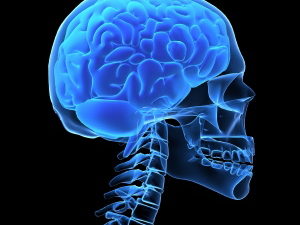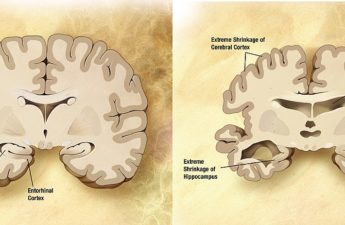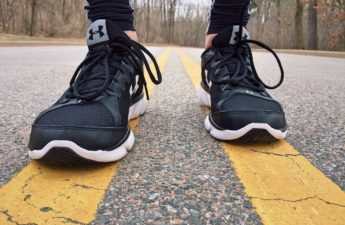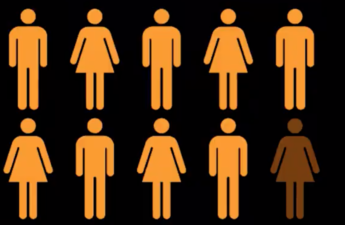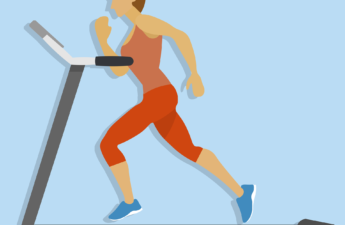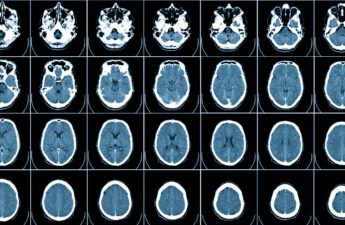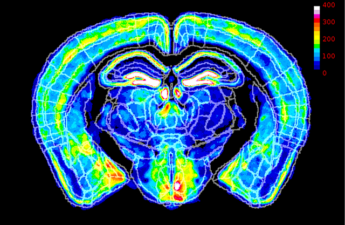Category: Brain and Nervous System
Mobile phones are not linked to brain cancer, according to a major review of 28 years of research
The possibility that mobile phones might cause cancer has been a long-standing concern. Mobile phones – and wireless tech more broadly – are a major part of our daily lives. So it’s been vital for science to address the safety of radio wave exposure from these devices.
Microplastics are in our brains. How worried should I be?
Sarah Hellewell, Curtin University; Anastazja Gorecki, University of Notre Dame Australia, and Charlotte Sofield, University of Notre Dame Australia Plastic is in our clothes, cars, mobile phones, water bottles and food containers. But recent research adds to growing concerns about…
Health News Headlines
Dementia drug debate – Should you take Paxlovid? – Free COVID tests coming – EEE in MA – Stem cell diabetes study
Being a ‘weekend warrior’ could be as good for brain health as exercising throughout the week, new study shows
The findings of a new study suggest “weekend warriors” – those who get most of their exercise on the weekend – may enjoy the same brain health and mental health benefits as those who exercise regularly throughout the week.
Health News Headlines
Measles in Oregon and Georgia – Obesity drug cuts diabetes risk 93% – Playstation is good for you
Self-adjusting brain pacemaker may help reduce Parkinson’s disease symptoms
Implanted device responds to changes in brain biomarkers of Parkinson’s symptoms by adjusting stimulation, allowing the treatment to be tailored to a patient’s needs in real time.
Health News Headlines
Needleless treatment for severe allergic reactions – US fertility rate at record low – Hunt for Adderall is On
Health News Headlines
Medicare drug discounts – Dementia risk – Urban birds and antibiotic resistance
HIIT workouts linked with better brain health, research finds – even five years later
A recent study has now revealed that one particular type of workout may be better than others when it comes to boosting brain health. The researchers found a link between high-intensity interval training (HIIT) workouts with better memory and brain volume in older adults. And, these brain benefits even lasted up to five years after the study was completed.
Health News Headlines
Fewer than half of US adults under 50 can readily afford or access healthcare – Misdiagnosis Is A Big Problem For Older Adults – Drugs Used For Weight Loss Help People Stop Smoking – Most Antibiotic Prescriptions For Kids’ Ear Infections Are Too Long – Blood tests for Alzheimer’s diagnosis were 91% accurate in new study
What’s the difference between Alzheimer’s and dementia?
Dementia is an umbrella term used to describe a range of syndromes that result in changes in memory, thinking and/or behaviour due to degeneration in the brain.
To meet the criteria for dementia these changes must be sufficiently pronounced to interfere with usual activities and are present in at least two different aspects of thinking or memory.
Nightmares could be an early warning sign of an autoimmune disease flare-up – new study
Many patients could describe nightmares that happened just before their flares. Although patterns varied between different people, they were often similar in each person’s flare-ups. Patients often knew which symptoms were a sign that their disease was about to get worse.
Binge drinking is a growing public health crisis − a neurobiologist explains new research on alcohol use disorder
Since Amy Winehouse’s death in 2011, professionals have learned a great deal more about alcohol use disorder
X-chromosome inactivation may reduce autism risk, UW study finds
In mice, the pattern of X-chromosome inactivation in female brains altered the effect of a mutation linked to the disorder.
Hospice care for those with dementia falls far short of meeting people’s needs at the end of life
Strikingly, only 12% of Americans with dementia ever enroll in hospice. Among those who do, one-third are near death. This is in stark contrast to the cancer population: Patients over 60 with cancer enroll in hospice 70% of the time. In my experience caring for dementia patients, the underuse of hospice by dementia patients has more to do with how hospice is structured and paid for in the U.S. than it does patient preference or differences between cancer and dementia.

